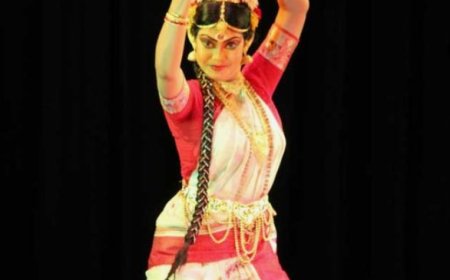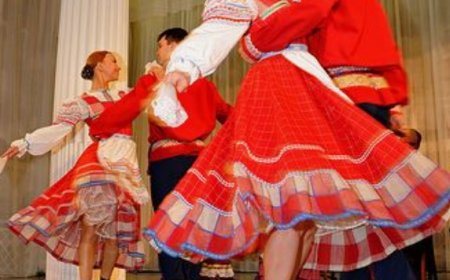Unveiling the Power of Movement: 10 Electrifying Facts About African Dance
Explore the rich history, cultural tapestry, and captivating energy of African dance traditions.
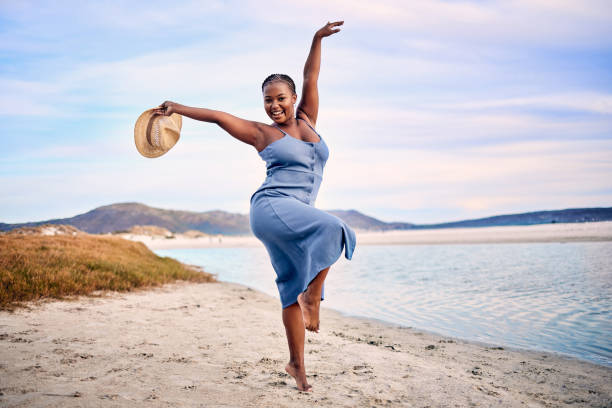
The top ten fascinating truths about African dance
The dances of Africa are linked with the various civilizations that weave across them. These dances, which range from festivals to storytelling, are vibrant with history and life. Now let's explore ten fascinating facts regarding African dance:
1. Rooted in Tradition: African dance is said to be among the world's oldest dance genres, having been practiced for thousands of years [1].
2. A Quilt of Fashions: The variety of dance forms in Africa is a reflection of its immensity. Every ethnic group has its own customs and movements [2].
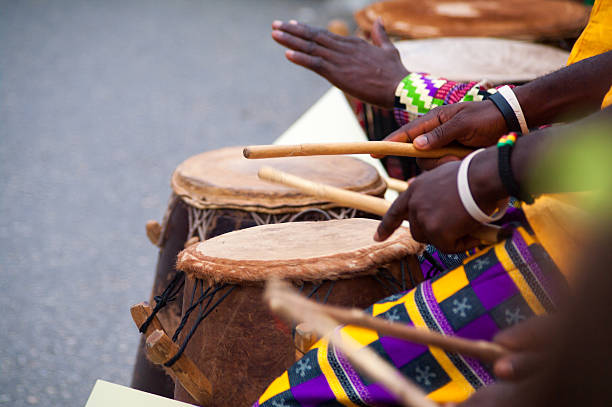
3. The Drum's Power: The drum's rhythmic beat serves as the foundation for many African dances. The dancers' pulse is set by dunduns, djembes, and other percussion instruments [2].
4.Deeper than Entertainment : The cultural importance of African dances is Deeper than Entertainment. They can be carried out for a number of purposes, such as commemorating rites of passage or paying respect to ancestors [4].
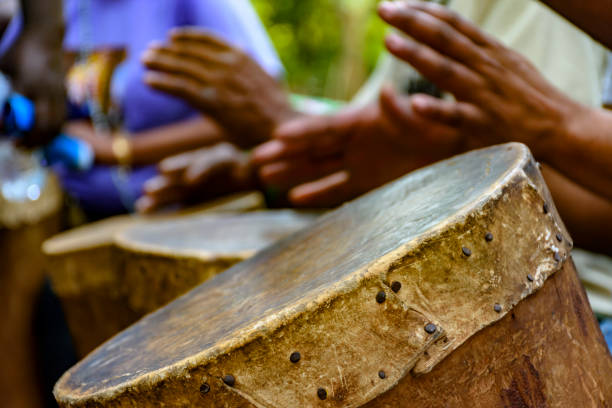
5. A Worldwide Heritage:Tap dancing, salsa, and capoeira are just a few of the global dance styles that have been influenced by African dance [5].
6. Link with the Community: African dancing is frequently performed in groups. It creates a sense of belonging and fortifies social ties [6].
7. Education via Model: African dancing is customarily handed down through the generations. Youngsters pick up knowledge by watching and copying adults [6]
 .
.
8. Not Just Couples Dances: In traditional African dance, passionate pair dances are less prevalent than in Western genres. The group energy is the main emphasis [8].
9. Meaning and Masks: African dance performances frequently use masks that represent spirits and are used for storytelling [2].

10. More Than Just Action Items: Dancing in Africa is a whole experience. Through dance, it expresses cultural tales and stimulates the mind, body, and soul [1].
Thus, keep in mind the rich history and cultural importance that lie behind each mesmerizing movement the next time you see African dance.






































































































































































































